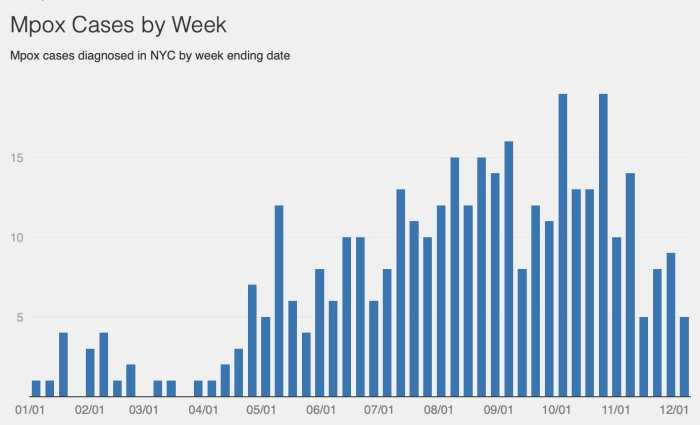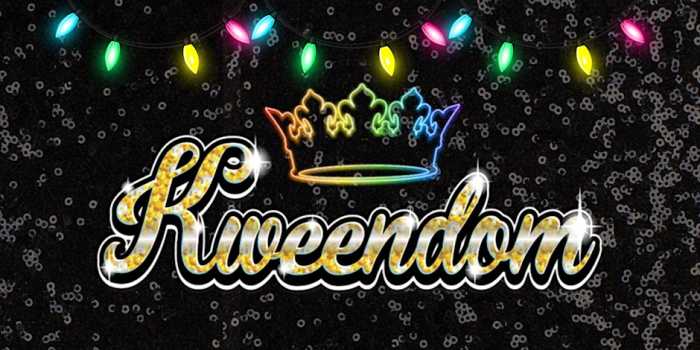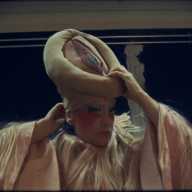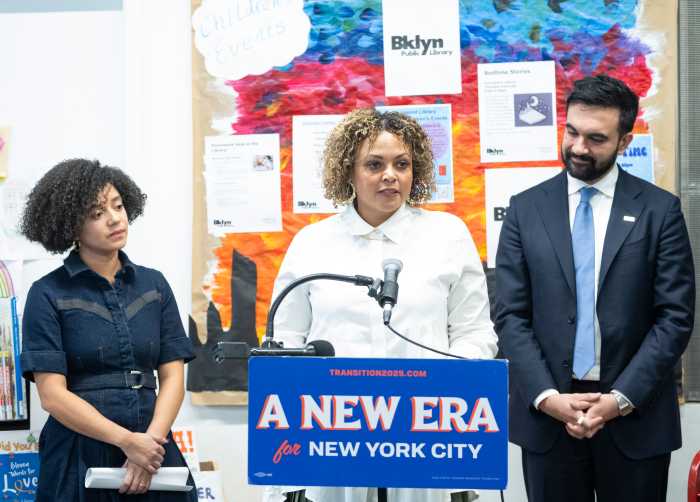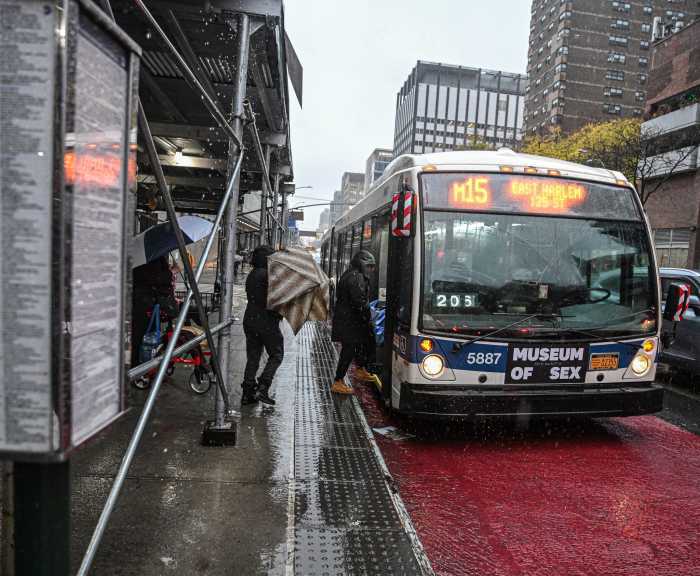One post-gay dude is on the verge of everything
This heady rush of a debut novel, courtesy of Aaron Krach, a senior editor at Cargo, a men’s magazine, reminds us what it’s like to be a starry-eyed teenager on the threshold of independence. A budding master of snappy dialogue and adorably warped characters, Krach is an inventive, wickedly amusing new voice in gay literature.
There are plenty of alluring horizons in “Half-Life.” It is 1999, the dawn of a new century, and 18-year-old hero, Adam, and his best bud, Dart, are on the cusp of manhood. Set in the “quintessential” fictional suburb of Los Angeles called Angelito, the book chronicles their final days of high school and the first days of summer before college.
Adam and Dart, who happen to be gay and are refreshingly blasé about it—Krach wisely dispenses with the usual teen coming-out trauma—spend their evenings cavorting at the local convenience store, shooting pool, and debating the nuanced distinction between “classic” and “camp.” They banter and bicker like a sweet, old married couple, wielding sarcasm as their weapon of choice.
When Dart proudly concocts a Martha Stewart-caliber limeade, Adam quips, “One lime drink does not a domestic doyenne make.” They employ “Oprah” (as in Winfrey) as an adjective. They embrace artifice, often mistaking it for irony.
Adam’s existence is not bliss, however. His divorced parents have left him to fend for himself. His depressed father, a spineless, pill-popping shadow of a man, ended up getting custody of Adam and his precocious little sister Sandra. Adam’s detached, career-driven mother lives with her new husband nearby.
Early on in the book, Adam’s father suddenly dies from an overdose. The incident is ruled a suicide, though the circumstances are suspiciously murky. Adam’s fingerprints were found on the medicine vials.
For much of the novel, Adam seems to have forgotten the tragedy as well. He’s happily preoccupied with the man of his dreams, Jeff, a studly Angelito cop twice his age who, when not in his squad car cruising for lawbreakers and lads, spends his days off—aptly enough—surfing. The story shifts to how these two disparate dudes gingerly navigate a romance.
Krach deftly weaves his theme of infinite possibilities with detailed descriptions of the physical environment, including multiple references to the cosmos. The novel opens with a snippet of the Moby song, “We’re All Made of Stars.” Dart owns a telescope and is obsessed with celestial bodies. In one particularly steamy moment, “The planets slowed their orbits to accommodate Adam and Jeff’s connection.”
There must be something in Angelito’s waters, however. Nearly every character—the boys, their friends, their parents, even their teachers—is blessed with the same biting wit, undermining the character delineation.
Krach’s decision to find comedy in misfortune is also problematic. No matter how much Adam hated his father, his callous lack of concern in the days following the suicide just doesn’t ring true. The words “grief” and “guilt” have eluded his otherwise vast vocabulary. The narrative thread of mystery surrounding the tragedy is so thin in spots it’s invisible, leaving us to wonder if it will ever reappear. (Don’t worry, it finally does.)
“Half-Life” brings to mind another debut novel about a young man facing a horizon full of possibilities, Michael Chabon’s 1988 minor classic, “The Mysteries of Pittsburgh.” That touching story also recounted a brief period around graduation (this time it was college) and featured a boy attracted to boys without making a federal case over it. Krach’s characters, with their sassy attitude, pop culture references, and snarky nicknames for strangers, would be right at home in Chabon’s Pittsburgh.





